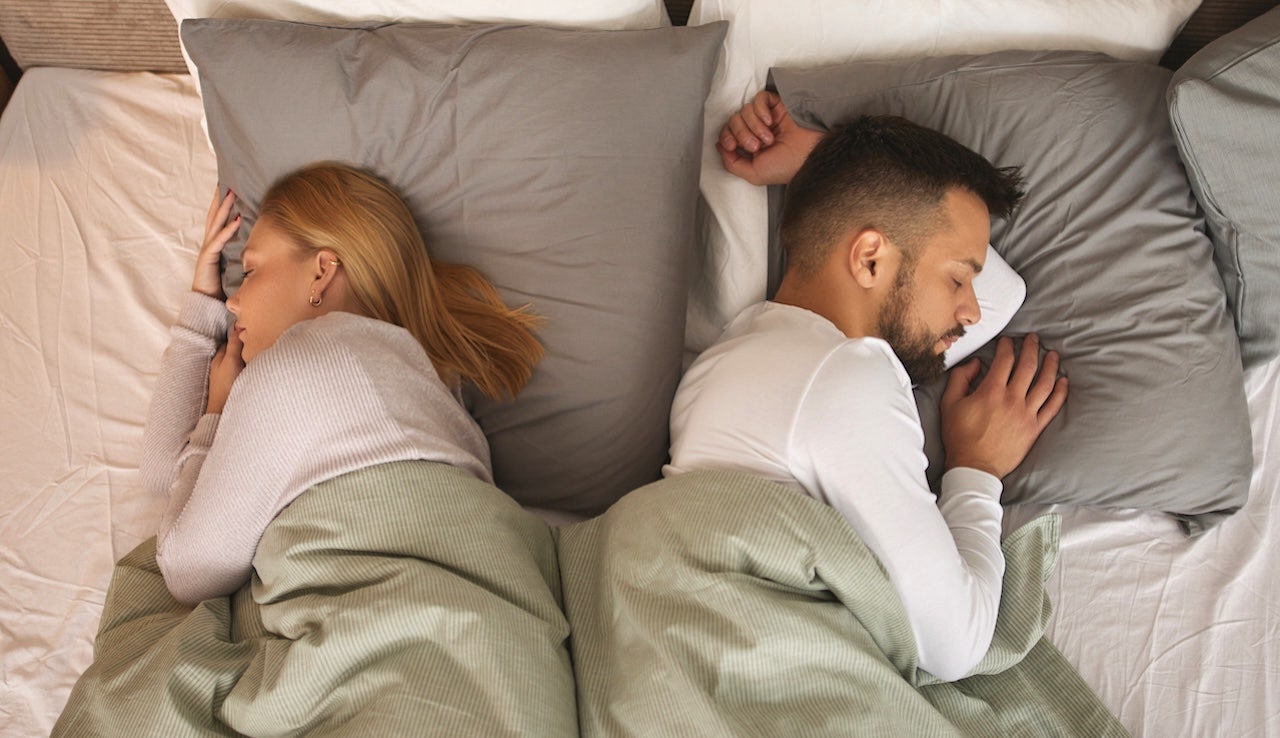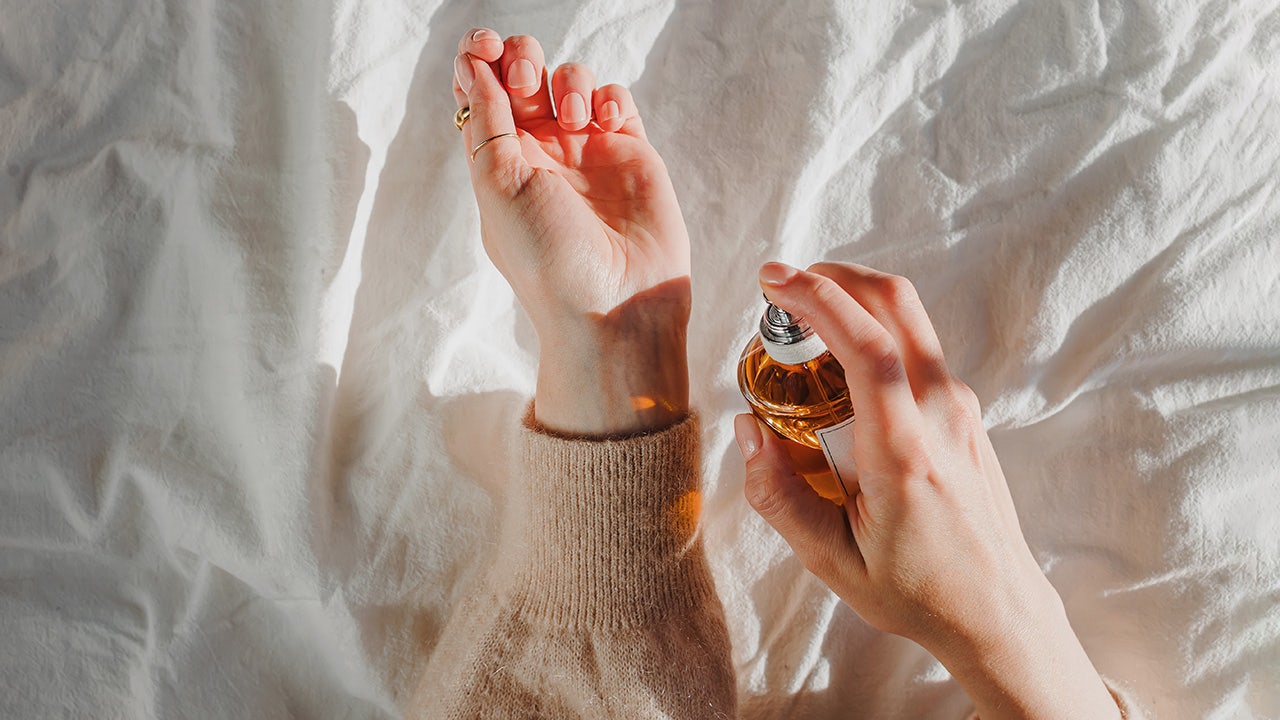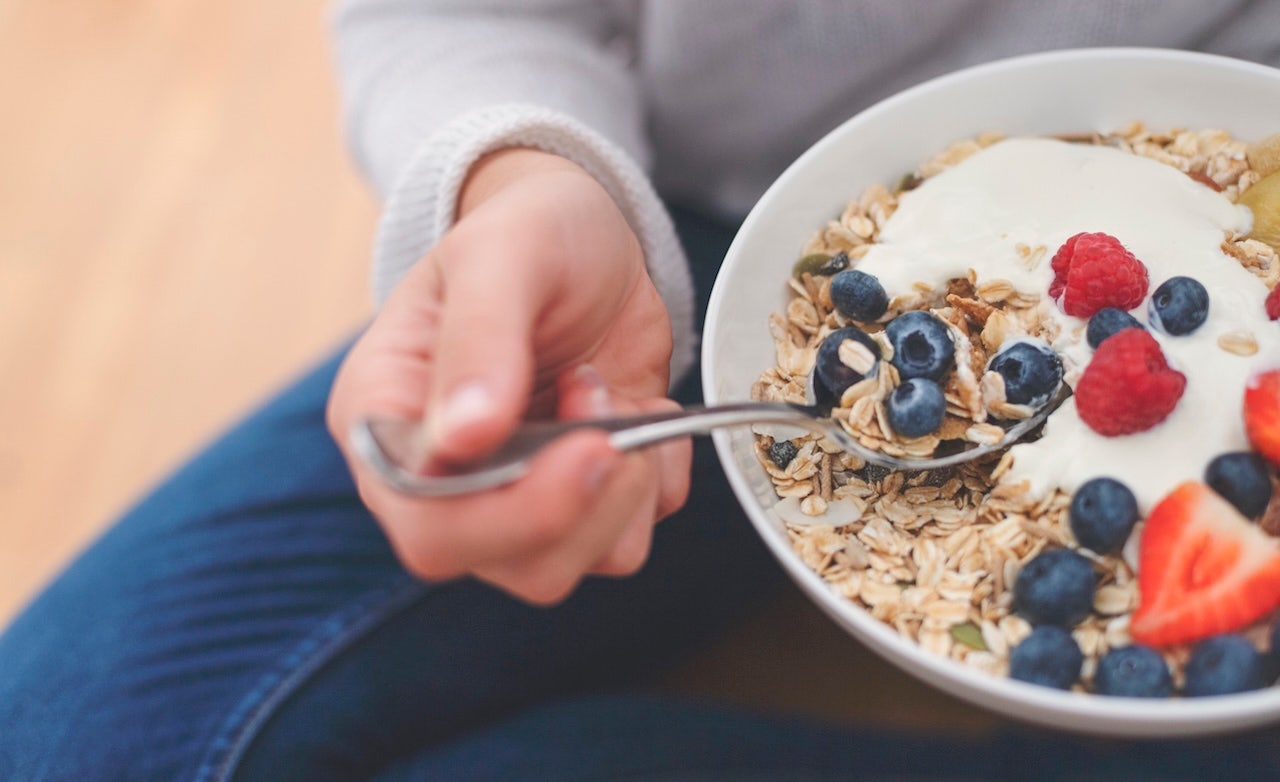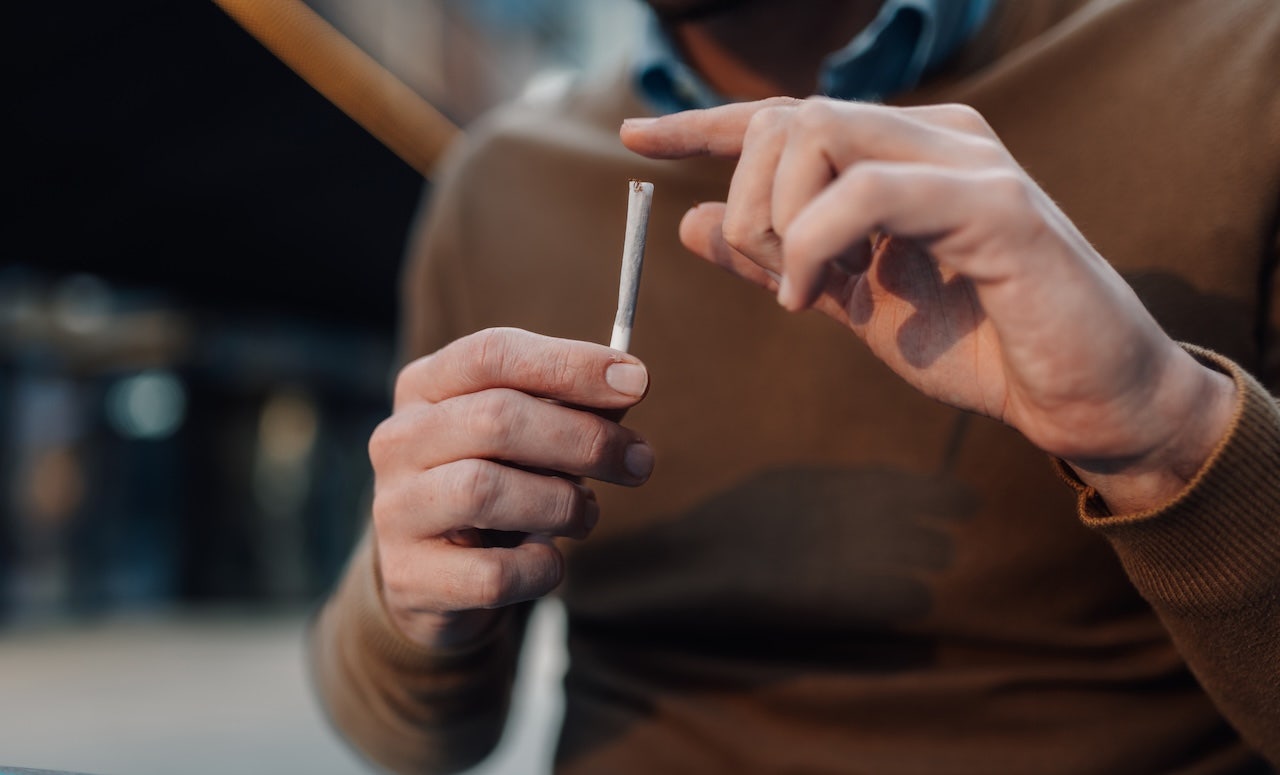NEWYou can now listen to Fox News articles!
A key part of the nightly bedtime routine is getting comfortable in a certain sleeping position — but how do you know which one is best?
A majority of American adults (69%) sleep on their side, according to a recent poll. That is followed by those who sleep on their backs (19%) and their stomachs (12%).
Sleep expert Wendy Troxel, PhD – a RAND Corporation senior behavioral specialist and licensed clinical psychologist in Utah – said that sleeping positions are “highly subjective” to each individual.
MOST SLEEP-DEPRIVED CITIES IN US REVEALED IN REPORT: WHERE DOES YOURS RANK?
“The primary consideration should always be individual comfort, [which] can depend on factors like body type and any underlying medical conditions,” she said in an interview with Fox News Digital.
Troxel mentioned that side sleeping, particularly on the left, is “frequently recommended” for people facing complications such as sleep apnea or acid reflux.
“These conditions can worsen when lying on the back,” she noted.
For those who experience back or hip pain, Troxel suggests sleeping on the back with a pillow under the knees.
Using a mattress with proper lumbar support can also be beneficial for these conditions.
“Ultimately, the healthiest sleep position is one that maintains spinal alignment and distributes weight evenly.”
“Ultimately, the healthiest sleep position is one that maintains spinal alignment and distributes weight evenly, which is why selecting the right mattress and pillow is just as important as the position itself,” Troxel advised.
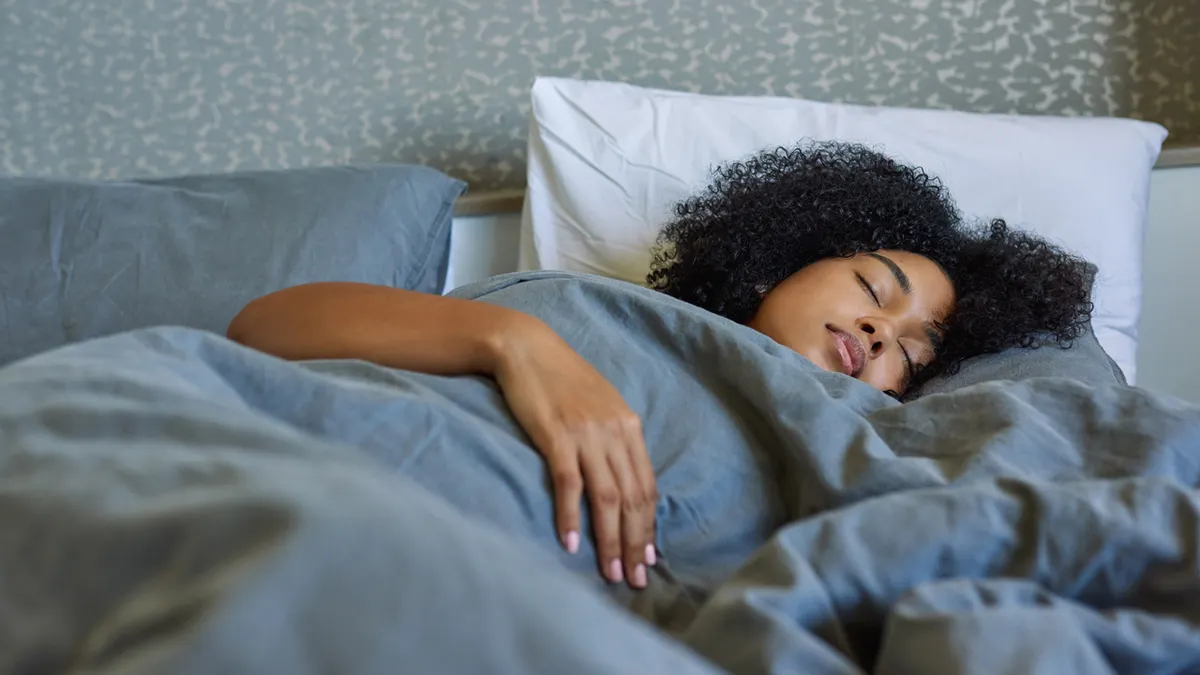
Dr. William Lu, MD, medical director at Dreem Health in San Francisco, agreed that there is not one best overall sleep position, as certain conditions may require a particular position shift.
“Side sleeping may be best for patients who exclusively snore when sleeping on their back or have obstructive sleep apnea,” he shared in an interview with Fox News Digital.
CLICK HERE TO SIGN UP FOR OUR HEALTH NEWSLETTER
“However, if you have shoulder pain or upper extremity discomfort, supine/back sleeping may be a better option.”
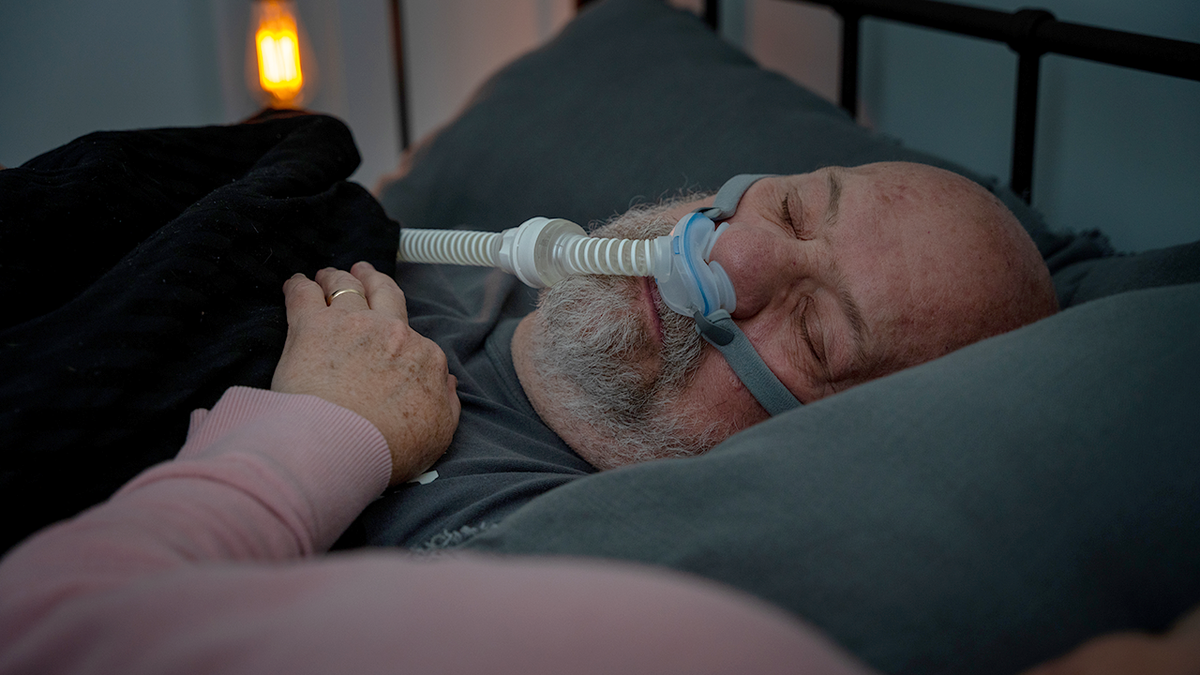
For people who snore or have untreated sleep apnea, Lu said that back sleeping would generally be the “worst position” for these conditions.
“While sleeping on the back, gravity can pull the tongue, mandible and soft tissue backward, causing more obstruction of the airway,” he warned.
For more Health articles, visit foxnews.com/health
Lu mentioned that there are many positional therapy devices that can be used to keep people from sleeping on their backs if this is a concern.
Read the full article here






